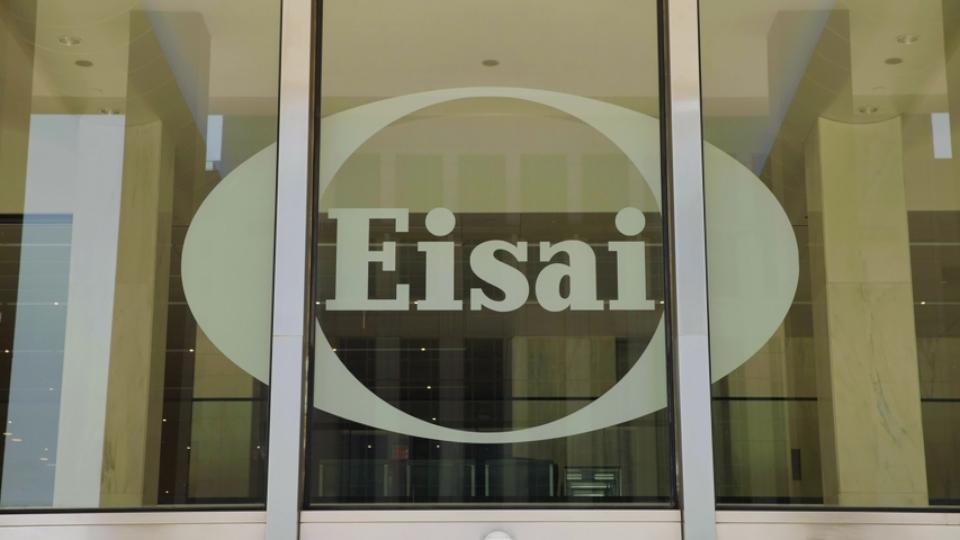Eisai files biliary tract cancer drug tasurgratinib in Japan

Eisai has filed for approval in Japan for tasurgratinib, its small-molecule fibroblast growth factor (FGF) receptor inhibitor, as a treatment for biliary tract cancers with FGFR2 gene fusion mutations.
The application to the Ministry of Health, Labour and Welfare (MHLW) is set for a priority review, reflecting the relatively high incidence of biliary tract cancer in Japan relative to other countries and the poor prognosis for patients with this type of cancer, also known as cholangiocarcinoma.
Tasurgratinib (also known as E-7090) is an oral selective FGFR1, FGFR2, and FGFR3 inhibitor that, if approved, will join other drugs in the class on the market, including Incyte’s Pemazyre (pemigatinib), Taiho Oncology’s Lytgobi (futibatinib), and Johnson & Johnson’s Balversa (erdafitinib).
Eisai’s drug has been submitted for approval on the back of a single-arm phase 2 trial (Study 201) that enrolled patients in Japan and China with FGFR2 gene fusion-positive unresectable biliary tract cancer that had previously been treated with gemcitabine-based combination chemotherapy – the standard first-line treatment.
FGFR1-targeting Pemazyre was approved by the FDA for previously treated biliary tract tumours with FGFR2 gene fusions in 2020, becoming the first targeted therapy for the disease, and last year had its label extended to include patients with relapsed or refractory myeloid/lymphoid neoplasms (MLNs) with FGFR1 rearrangement.
It was joined by Lytgobi last year, an FGFR2 inhibitor cleared by the FDA as a second-line therapy for cholangiocarcinoma with FGFR2 gene fusions or other rearrangements. At the moment, FGFR2 and FGFR3 inhibitor Balversa is only FDA-approved for bladder cancer.
Around 25,000 people in Japan are diagnosed with biliary tract cancer, with a five-year survival rate of just 25%. It is the sixth-leading cause of cancer-related deaths for women and the seventh-leading cause of cancer-related deaths for men in the country.
FGFR2 gene fusion is observed in approximately 14% of intrahepatic cholangiocarcinoma, which accounts for 15%-30% of all biliary tract cancers, according to Eisai, but drug options are limited.
It is a rare tumour and, for now, Eisai does not appear to have any aspirations to develop tasurgratinib outside Asia, possibly because it would be a late entrant. It is playing catch-up in Japan, too, however, as Pemazyre got MHLW approval there in March.
Meanwhile, AstraZeneca recently got approval in Japan for its cancer immunotherapy combination of PD-L1 inhibitor Imfinzi (durvalumab) and CTLA4 inhibitor Imjudo (tremelimumab) as a first-line therapy for cholangiocarcinoma in combination with chemotherapy.
Eisai is also developing tasurgratinib for breast cancer and is currently running a phase 1 trial in this indication.












